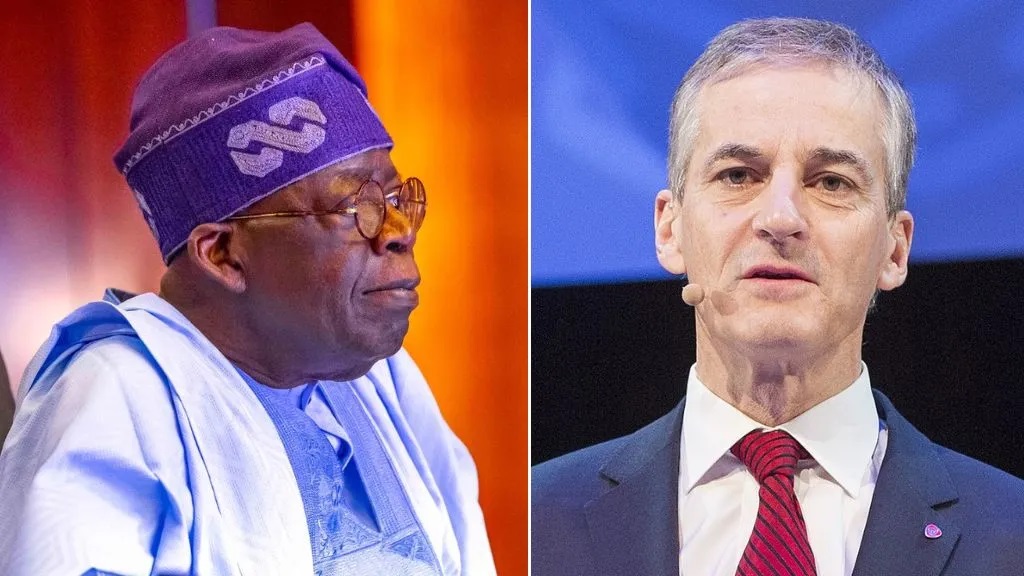Norway has committed an additional US$4.5 million to support the United Nations Food and Agriculture Organisation (FAO) humanitarian activities in addressing the lingering crisis in the Northeast part of Nigeria. The FAO Representative in Nigeria and the Economic Community of West African States (ECOWAS), Fred Kafeero, stated this during the signing of a memorandum of understanding ceremony between the UN body and Norway in Abuja.
Kafeero informed that the support from Norway amounted to $24 million since the beginning of the crisis, and it had reached over 1,198,077 conflict-affected people at the moment and still counting. According to him, since 2017, Norway had been contributing to rebuilding the lives and livelihoods of the most vulnerable communities affected by the over decade-long conflict. For the 2023 Humanitarian Response Plan (HRP), Kafeero noted that FAO, being a key provider of livelihood support in the food security sector, had set a target of reaching two million people.
“Moreover, an analysis of the funding trends reveals that only 3.4 out of 100 units of total funding allocated to the food security sector are directed towards livelihood interventions”, Kafeero stated. He explained further that the “addendum for a complementary fund for 2023 is deemed more than important, not only because it marks the continuous and fruitful collaboration and partnership that exists between the Government of Norway and FAO in Nigeria, but because it will contribute to filling the livelihoods funding gap for the 2023 lean season”.
Kafeero said “While the funding is contributing towards improving food security in the Northeast, the gap is still huge in meeting the needs of 3.7 million people, who need livelihood assistance”. On his part, the Norwegian ambassador to Nigeria, Knut Eiliv Lein, said the $4.5 million additional funding commitment made by the government was aimed at promoting agriculture and people impacted by the conflict. “We had a three-year programme with the FAO that we renewed another three years last year, and we increased funding to four and a half million dollars”, Lein added.

